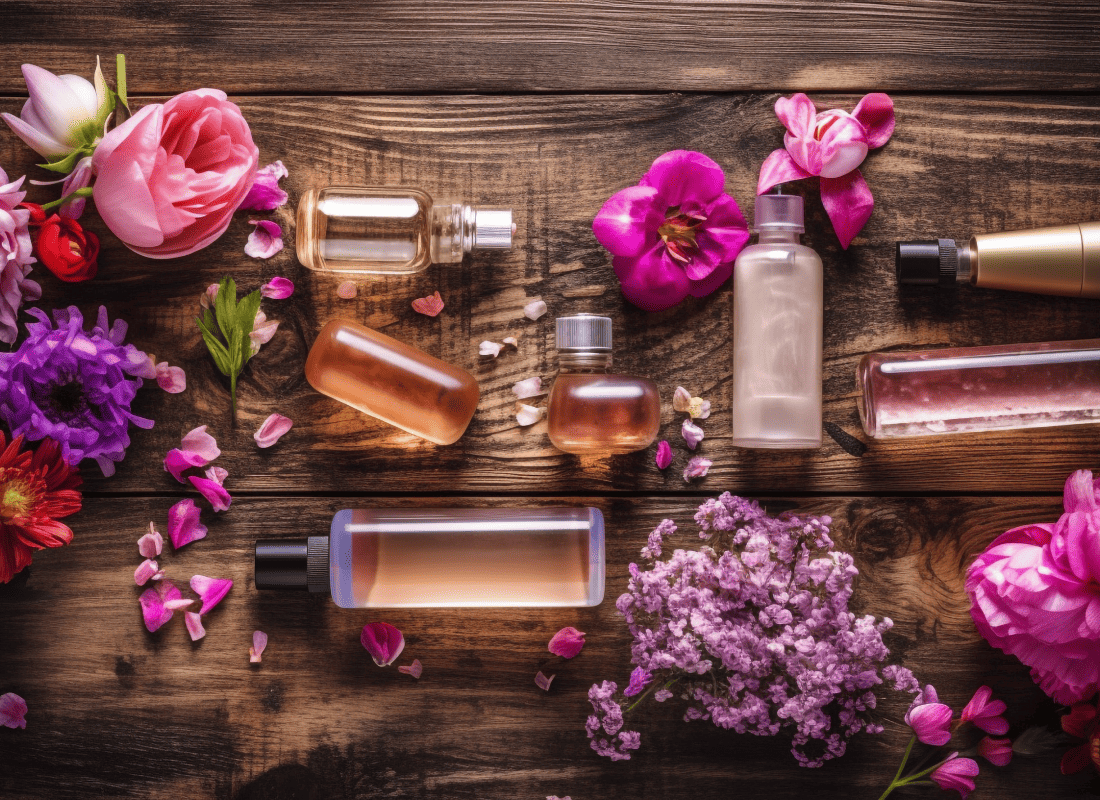
The Art of Perfume Craftsmanship: How Handmade Fragrances Tell a Story
Perfumes have always been more than just a product—they are a form of art, a means of self-expression, and a way to evoke emotions and memories. Handmade fragrances, in particular, carry with them a depth of craftsmanship and creativity that sets them apart from mass-produced scents. In this article, we explore the art of perfume craftsmanship and how handmade fragrances tell a unique story with every bottle.
The Essence of Handmade Fragrances
1. What Makes Handmade Perfumes Unique?
Handmade perfumes are crafted with care and attention to detail. Unlike mass-produced perfumes, which often use synthetic ingredients to cut costs and increase production speed, handmade fragrances use high-quality, natural ingredients. This not only results in a purer scent but also means that each bottle is carefully composed by artisans who pour their creativity into the process. The result is a product that is personal, distinctive, and much more intimate.
1. The Role of the Perfumer: An Artist in Their Own Right
Perfume creation is an art form, and the perfumer is the artist. Just like a painter blends colors to create a masterpiece, a perfumer blends different notes—such as florals, spices, woods, and resins—to create a unique fragrance. This process can take months, if not years, as perfumers fine-tune the balance of top, middle, and base notes to create a harmonious composition that tells a story from the first spray to the last lingering scent.
How Handmade Fragrances Tell a Story
1. The Story Behind Each Scent
Every handmade fragrance is a narrative in a bottle. Whether it’s inspired by a particular place, an emotion, or even a memory, each scent tells a story. For instance, a perfume may evoke the fresh, earthy scent of a forest after rainfall, or it may remind the wearer of a sun-soaked Mediterranean summer. This personal touch is what makes handmade perfumes special—they resonate with people on an emotional level.
2. Creating a Connection Between Scent and Emotion
Perfumes are powerful tools for evoking emotions. Handmade perfumes, with their thoughtful and intentional compositions, can transport wearers to different times, places, or states of mind. The connection between scent and emotion is well-documented; certain smells can instantly lift your mood, boost confidence, or even induce relaxation. By crafting scents that tap into this emotional power, handmade perfumes offer a richer and more meaningful sensory experience.
The Art of Crafting Handmade Perfumes
1. The Importance of High-Quality Ingredients
The foundation of any handmade fragrance is its ingredients. Artisans source the finest natural ingredients from around the world—whether it’s lavender from Provence or sandalwood from India. These premium materials not only contribute to the quality of the fragrance but also enhance its longevity and depth. The craftsmanship lies in how these ingredients are blended, with careful attention to how they interact and unfold over time.
2. Patience and Precision in the Creation Process
Creating a handmade fragrance is a labor of love. It requires patience, precision, and an understanding of how different notes will interact over time. Perfumers must balance their compositions, ensuring that the top notes captivate the wearer immediately, while the heart and base notes develop more slowly and provide lasting complexity. This meticulous process is what makes each handmade fragrance a work of art.
Handmade fragrances offer more than just a pleasant scent—they offer a sensory journey, an emotional connection, and a personal narrative. Each bottle is a testament to the artistry and dedication of the perfumer, and it reflects a story that can be experienced anew with every use. Whether you’re drawn to floral, woody, or spicy scents, there’s a handmade fragrance out there that tells a story uniquely suited to you.
Frequently Asked Questions (FAQs)
Q1: How long does it take to create a handmade perfume?
Creating a handmade perfume can take anywhere from a few months to several years, depending on the complexity of the fragrance and the availability of ingredients.
Q2: Are handmade perfumes better than mass-produced ones?
Handmade perfumes typically use higher-quality, natural ingredients, making them richer and more complex than many mass-produced fragrances, which often rely on synthetic ingredients.
Q3: How should I store my handmade perfume?
To preserve the quality and longevity of your handmade perfume, store it in a cool, dark place away from direct sunlight and heat.
Q4: Why do handmade perfumes tend to be more expensive?
Handmade perfumes are often more expensive due to the use of premium ingredients and the labor-intensive process of crafting each fragrance by hand. The result is a more unique and high-quality product.
Q5: How do I choose the right handmade perfume for me?
Choosing the right perfume involves understanding your scent preferences and trying different fragrances to see which ones resonate with you emotionally. Don’t be afraid to sample a variety of notes and compositions to find your perfect match.


